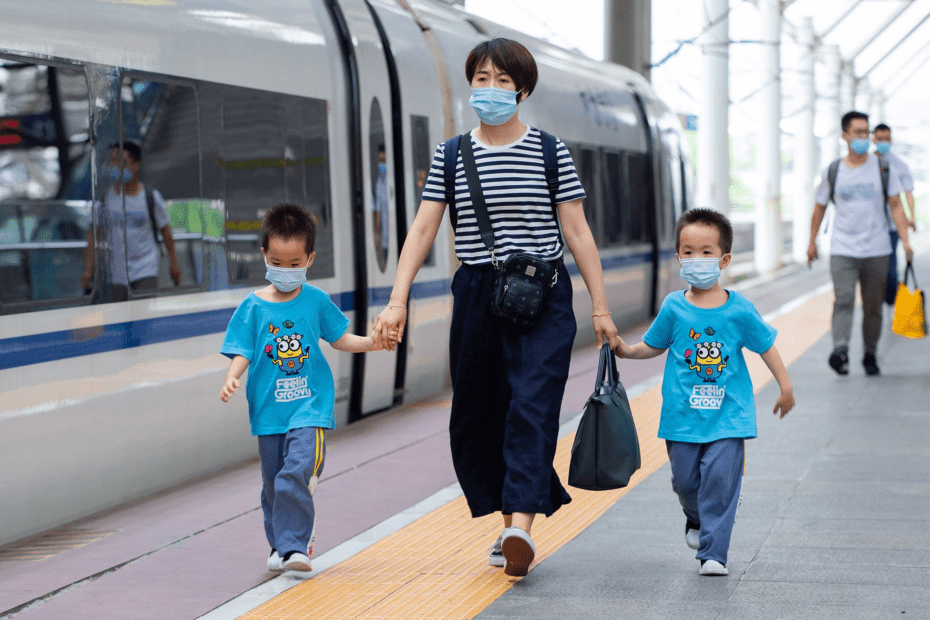In recent weeks, a surge in pediatric pneumonia cases in China has raised global concerns about potential international spread. This comes as a shock while the globe is still recovering from the devastating COVID-19 pandemic that originated in Wuhan, China. While officials have not confirmed whether these cases are related to a new outbreak or another coronavirus strain, experts express concern about a potential second wave of respiratory illness. Let’s break down the intricate details and potential ramifications of China’s rising child pneumonia.
Understanding the Current Situation
On November 24, 2023, as reported by Bloomberg, a sudden and significant increase in child pneumonia and related respiratory ailments was noted in Chinese hospitals. The World Health Organization (WHO) has sounded the alarm, underlining the necessity for immediate international attention and collaborative action to prevent escalation.
As per WHO’s Disease Outbreak News, the crisis is marked by a significant rise in severe respiratory symptoms, with children bearing the brunt of this sudden outbreak. Reports from NBC News confirm an alarming surge in pediatric pneumonia cases in China, adding a sense of urgency to address the situation.
Who is Truly Responsible
Digging into its roots is critical to understanding the dynamics of the outbreak. While the exact infectious agent remains unidentified, factors like environmental conditions, air pollution, and potential virus mutations are under investigation. A clear understanding of these factors is key to formulating successful containment strategies. READ ALSO: Salmonella Outbreak: Cantaloupes recalled from several states following infections.

China’s Rising Child Pneumonia Impact on Children’s Health
Child pneumonia, with its potential to cause severe respiratory distress, poses a grave health risk. The immediate and long-term impacts on children’s health are at the core of discussions among healthcare professionals. At all levels, stakeholders are urgently formulating strategies to protect children’s health.
With our world closely interconnected, the possibility of the outbreak spreading worldwide is a serious concern. Authorities are contemplating strict measures, including travel restrictions and enhanced health screening procedures, to prevent the cross-border transmission of the virus causing pneumonia.
Global Response and Preparedness
As echoes of the outbreak traverse the globe, nations prepare themselves, assessing their readiness and response mechanisms. The WHO advocates for increased surveillance, transparent exchange of information, and cooperative research. These efforts aim to fully comprehend the outbreak and prevent it from escalating into a worldwide health crisis.
In the face of a looming health crisis, international cooperation takes center stage. Nations are called upon to collectively share data, research outcomes, and effective practices to combat the outbreak. Such collaboration could expedite the development of treatment methods, vaccines, and prevention strategies.
Future Outlook and Preventive Measures
As we confront the unfolding child pneumonia epidemic in China, forging a united front is crucial to lessen its impact. From comprehending the root causes to implementing potent containment strategies, global collaboration is key. READ ALSO: WHO declares loneliness a global public health concern
Due to this, our children’s health and well-being should be our top priority in these challenging times. Through collective efforts, we can hope to halt the outbreak’s further spread and protect future generations’ health.
Additionally, governments and health organizations must persist in their investments in research, preparedness, and response mechanisms. This is crucial to avert future health crises. Equally important is promoting individual responsibility as a critical component of prevention.
By adhering to good personal hygiene practices and receiving vaccinations for common illnesses, we can effectively reduce the likelihood of another pandemic.



